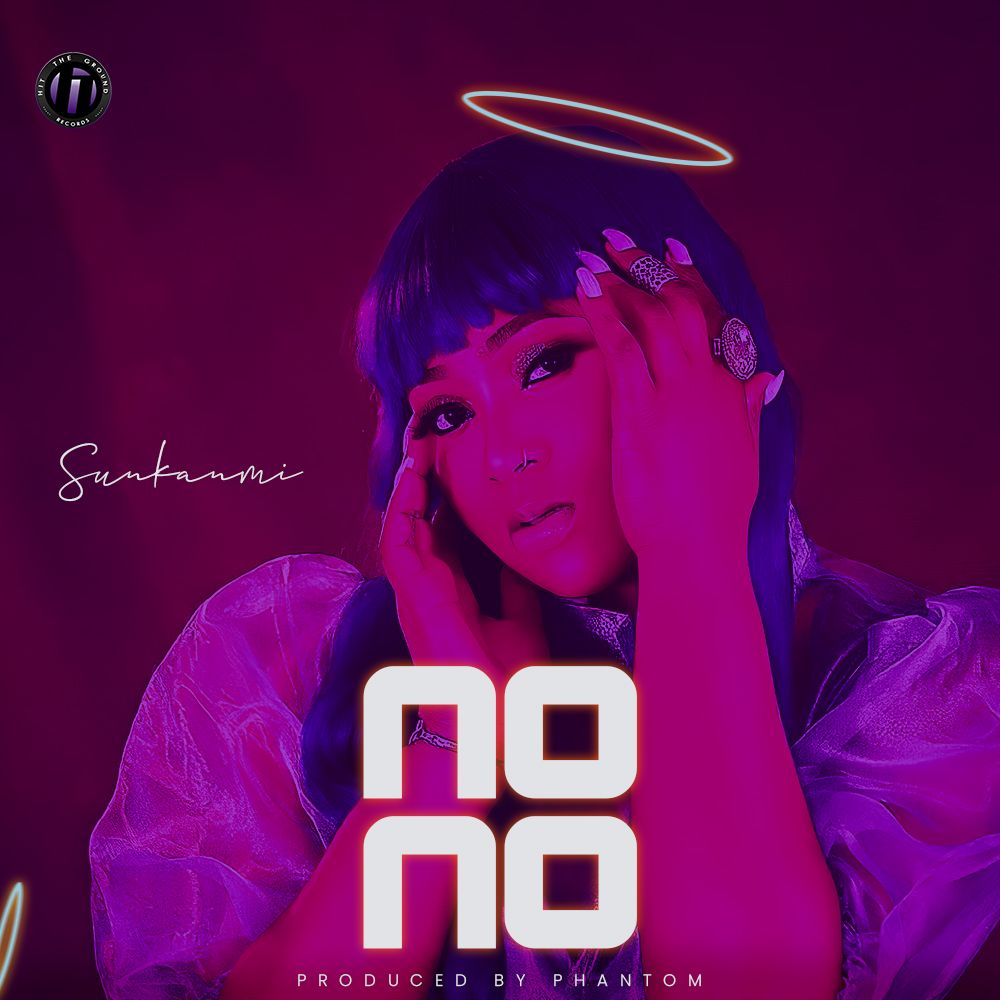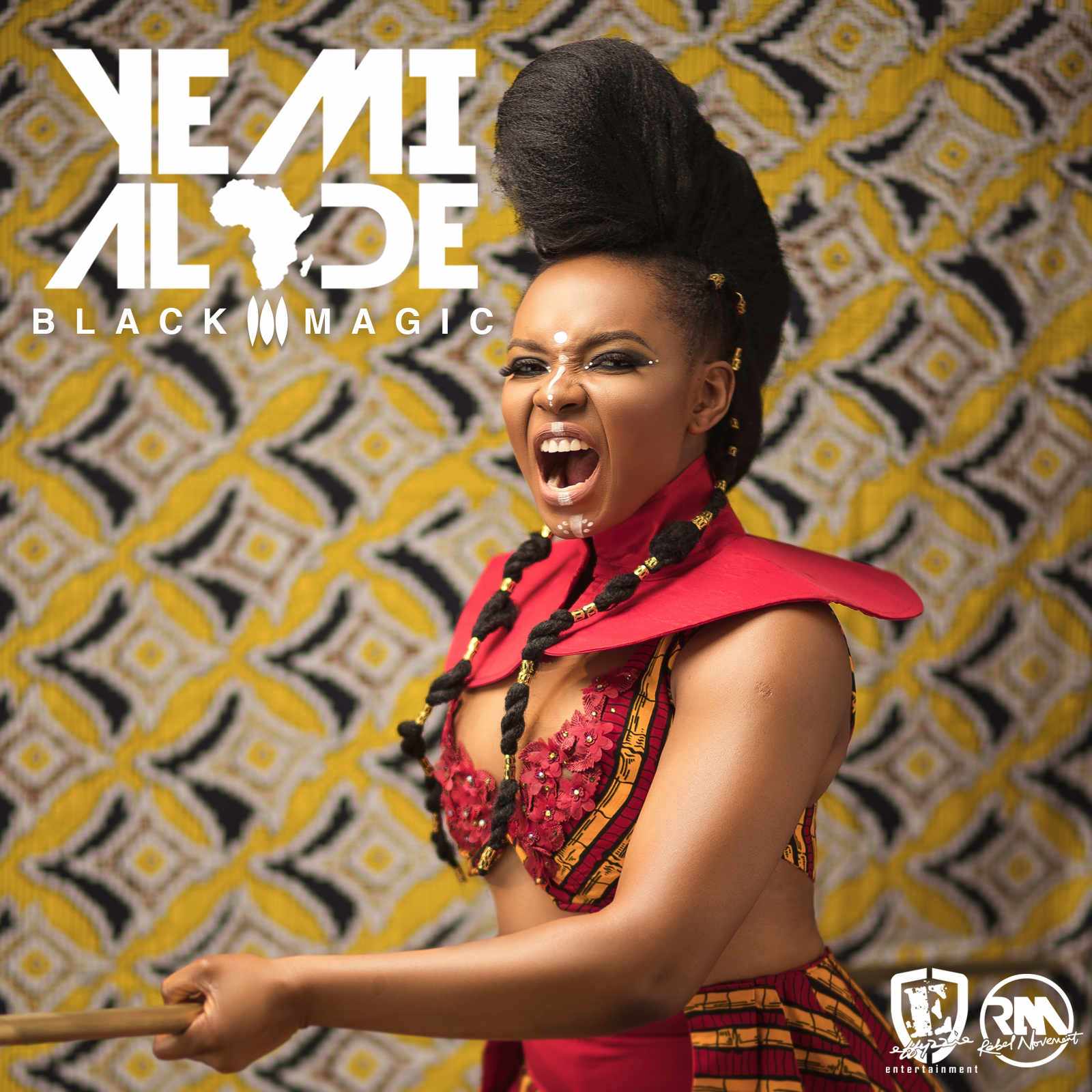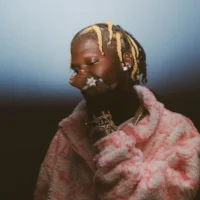Not many know of Niyi Towolawi in his land of nativity, Nigeria. His prowess and achievements however, speaks volume.
Niyi is an award-winning British-Nigerian filmmaker, software development entrepreneur and passionate music lover with boundless creative energy and a strong emphasis on visual storytelling. A recipient of over 30 awards and festival wins, he is the director of five feature films, also writing, producing and editing three of them, including Turning Point, a SAG project, starring Hollywood veteran, Ernie Hudson.
>> Since founding HekCentrik Films in 2002, he has worked on a diverse range of projects across Africa, Europe and USA, including TV adverts, music videos and non-fictional works. His films mostly centre on people of African origin in the Diaspora and his filmmaking style is visually dynamic and engaging, with multiple plotlines along ethnic, gender or taboo issues. He lists Ridley Scott as his all-time favourite director. Outside of the film industry, he is a keen jazz musician and plays the saxophone and piano.
ADEDAMOLA EDUN had a sit-down with Mr. HekCentric recently on one of his many home visits.
When and how did your movie making and directing career begin?
My first real project was in 2004 when I directed a music video for a song I produced and played the saxophone on BenTV in London, Youtube and other platforms were starting to play music videos and I thought the song would get good airplay. The plan was to hire a production company to shoot my concept. So I bought a book on how to storyboard and since I grew up drawing, I was able to document my vision in detail. My storyboard looked so professional; I received huge quotes from companies that believed there was a large budge. Eventually, I directed, shot and edited the video myself and there’s been no going back since.
How old were you when you started?
You can say I started as a baby which was when I started drawing. Visual storytelling is essentially putting things in a box; creating a world of which a view looks out through a window – images in a frame – and it’s a skill all artists, painters, photographers, filmmakers, etc must master first. Having developed this skill very early in life in addition to other abilities – having a strong visual memory to recall films and information in detail, analysis of that information meaningfully and organizing your ideas into a cohesive narrative, are the backbone of doing what I do. Otherwise, I was 27 in 2004 and started shooting my first feature film aged 29.
Can you recall your first film memory?
I can recall several! However, which was specifically the first, I’m unsure of as I was maybe six years old and was watching films not intended for children. It would be a choice from Rambo, Alien or Conan the Barbarian/Destroyer. There was something about these films that sparked a childlike curiosity about how the films were being captured as I’d realized it wasn’t real life. I also loved drawing those characters, with Conan also being a comic book.
When do story ideas hit you?
Most stories I come up with happen in dreams. I dream pretty much every night, often in movie form, and when I’m ill or stressed, the dreams become more vivid and disturbing, which is great for creating conflict and tension in stories. Other ideas also pop up in the shower… if a particular idea keeps coming to mind, then I might combine it with other ideas and see if it makes sense. I’ve also learnt techniques to take very simple concepts and put them through a “what-if” set of scenarios to create a good story, and I can see that formula in a lot of films out there, a story gets to a T-junction and chooses a path, which creates a sense of diminishing possibilities to how the story could end.
Most stories I come up with happen in dreams. I dream pretty much every night, often in movie form
What’s the hardest thing about your job and how do you approach it?
Sometimes the most challenging thing is motivation, or lack of. It stems a lot from self-doubt and a fear of failure because you see these $200m Hollywood films being created and ask yourself, “am I good enough to create something like this?”, even though you can break it down and realize it is no different to anything you’ve ever done, just on a much larger scale, with more planning resources invested in it. I think it’s a healthy thing though because it compels you to strive to be better, otherwise you settle with a local champion, “I have arrived” mentality that soon leaves you behind. Every other challenge – financial, actors, locations, equipment, resources disappearing before a shoot, a script that’s not making sense, etc. can all be resolved with simple problem solving skills or money so they are not as scary.
How many films have you produced/directed?
I have just completed my fifth film as a director, having produced three of them. I realized that besides producing my own films, it is important to work with other producers to help them create their vision because not only are you helping an industry develop and grow, you’re also expanding your horizon by taking on projects that might not have initially be appealing to you and making it work. As people, we are comfortable in our comfort zone and it is only by working with others do we create something different. The film I’ve just completed for instance is a Cameroonian story set in London and although it can easily be handled from a Nigerian perspective, learning about Cameroonian nuances and subtleties and incorporating them into the story will help to develop other projects that are set in a story world other than what I am accustomed to.
What do you watch out for in scripts?
You can say a story that has an objective, is entertaining, and overall makes sense. It must have a clear beginning, middle and ending, a sense of who the characters are and what they are fight for or against, and whether they achieve this purpose or not. I think every character in a story – even a “waka pass” – is a lead character in their own right and should be introduced properly, have a purpose in the story, and should exit the story in a memorable way. I also like a script that is professionally presented, using a proper screenwriting software and uses the correct terminology. There’s nothing more off putting that receiving a word document full of typos and grammatical errors. Would you pay an architect who gives you a hand-scribbled design of a house where all the lines are crooked and the dimensions full of errors?
Which of your movies has the most challenging experience and cast?
I think these are two separate questions. Firstly, challenges with cast is the fault of the direct and maybe producer as it shows wrong casting decisions have been made. If a cast member is being difficult, do they have a point and if so, it should be addressed. Otherwise, an unruly cast member should also be addressed. As of challenging experiences, every day is a new challenge to conquer and hopefully with adequate planning, experience and flexibility, preventable issues will not occur so that the unforeseeable ones can be tackled without too much disruption.
Your latest movie “Desecration” how was the reception like?
Desecration was very well received, which was good to see. It was my first film set in London, having previously shot in Nigeria and America. Because of the various issues the movie touched on, expectations and reactions were different in various places. The prospect of an inter-racial couple wasn’t really picked up by Nigerian cinema audiences but was a big deal in the UK where the film was also released. The main unifying reaction to the film, which I was pleasantly surprised about is how gender equality is now at the forefront of people’s consciousness. What I had envisioned as a simple plot twist because a key discussion topic that divided opinion along gender and age lines, and it’s great to see your work offering social conversation as opposed to be discarded like a tired chewing gum once the movie ends.
What was your expectation and did the turnout meet your expectation?
I just wanted audiences to enjoy the film because if they don’t, you’re in trouble. Your financial investment is down the drain, reputation takes a blow and you wonder where you went wrong. So thankfully, none of those happened. The film has also done well with film festivals and awards so it’s a satisfactory outcome.
While money definitely makes a hug difference, i believe in investment in skills and expertise.
What makes Desecration different from other movies you have done?
The first thing that comes to mind is being the first film I will shoot in London. Although I grew up in London and know the city better than any other place in the world, I was not attracted to shooting a film there until Desecration, which could have easily be shot anywhere. And because I’ve shot so many other things in London, from music videos to TV commercials and broadcast content, I have over 10 years of untapped goodwill in friends, family and people I’ve worked with or hoping to someday.
This made the project very easy to organize, with locations easy to choose without much scouting given my familiarity with the area. With the exception of the stars flown in from Nigeria, Desecration was also my first project where hotels/accommodation was not required to camp the cast and crew since everyone lived within easy access to shooting locations and a good transportation system ensured punctuality.
Which of your film do you think is your best to date?
Turning Point being the biggest budget and star studded film of mine, with the most awards and international recognition should be an easy response. However, I think my personal favourite is my debut film, TWISTED, because I did that as a huge risk although I was ignorant of how little I knew at the time. With my limited knowledge and resources, I had been able to teach myself filmmaking at a time when online learning content didn’t exist and I went to shoot in Nigeria where I hadn’t been since I was a school child. I had never experienced the process of filmmaking so everything was a new experience, one that I was able to succeed in, of course, with the help of a good production team that ensured things stayed on course.
How easy is it shooting a movie in diaspora?
It depends on who is shooting the film. Shooting somewhere you don’t live makes you a foreigner to that place and I see Nigerians coming to shoot in the UK and unable to rent generators for outdoor shooting or foreign based filmmakers going to Nigeria not realizing that choice of generators will affect their sound recording… so it’s all down to doing your homework to understand the environment you wish to shoot in. Having a local production team makes all the difference wherever you shoot and I struggle to understand why a producer will expect a “good” production manager in Nigeria that has never been to London to plan a London shoot, or vice versa. Oyinbo personnel turn up in Africa expecting to work the way they are used to back home. Planning is key.
Any new project coming you after desecration?
Since Desecration, I’ve completed a Cameroonian production in London called “Bush Faller”, which is currently being edited. I am also planning to shoot a satire in Nigeria next year in addition to another project that will be set in London or the US.
Do you have a mentor? How do you find a mentor?
I have several mentors and I think it is important to have one in every aspect of one’s life. Your professional mentor might be terrible with money so have a financial mentor. Your financial mentor might not share your moral values so have a separate moral mentor… etc, etc. Sometimes, a mentor can be someone whose work I simply aspire to. Steven Spielberg and other Hollywood directors are my film mentors while Fela Kuti and John Coltrane are my musical mentors as I learn from their music. However, since they are both dead, I will never have the opportunity to sit down and ask their advice so I can only study their recordings for answers.
What’s the difference between a filmmaker and a movie producer?
I think a filmmaker is a generic term that anyone working in the industry can use, whereas a movie or film producer is a specific role in the industry. It’s like football where a striker, midfielder, defender and goalkeeper are all footballers, however if someone says they are a goalkeeper, you know they have a specific area of expertise in football. I like to call myself a filmmaker because I do different things and only say I am a director when a specialty is required. However, I never refer to myself a producer even though I produce because producing is more management that creative and I want to recognize as a creative force even when I work in a management role.
What makes your films different from other filmmakers?
I can’t really answer that objectively as I think everyone tells stories based on their life experiences, personal attributes and interests. I am a product of Nigerian parents that grew up in London, was raised in a religious household with strict work ethics, love drawing and watching films, plays musical instruments, studied sciences and have a Mathematics degree, worked as software developer, very drawn to the arts and nature… I think it is whatever that unique blend of ingredients produces is the recipe for the filmmaker that I am. It is not surprising that other filmmakers with many of the same attributes makes films that I am drawn to since we have similar interests and experience.
How do balance your life as a filmmaker and a software entrepreneur?
The software side is shifting more into the investor aspect rather than hands-on involvement. Having worked in IT as the only other job I’ve ever had besides filmmaking and as something I have a Masters in, it is difficult to walk away from it completely although I would always choose making films over creating software. I am however planning to create innovative filmmaking tools that I wish existed to make my life easier so there must be a market for.
Internationally, do you think people respect Nigerian movies?
Nigerian films are now making an impact on the international scene which is good for the filmmakers and the country in general. Nollywood home videos have always been popular globally, however, with better quality films aimed at the cinema and international film festivals, we are now gaining recognition and attracting non-African audiences and foreign co-productions.
Nigerian films are now showing in cinemas in Europe and North America, and major film festivals that are typically dominated by Hollywood, now have a strong Nigerian presence, such as The American Film Market, a Hollywood convention in Los Angeles where billions of dollars’ worth of deals are done is incorporation a Nigerian Film Summit this year, which I will be attending.
How would you rate Nigerian film industry and what has improved from before and what needs to be improved now?
The growth of cinemas in Nigeria and online streaming platforms has given Nigerian filmmakers and investors’ confidence that high quality is required for better returns, and a number of filmmakers are now attending some of the best film schools in the world which shows in the content that is produced. For me, I think the quality of writing and storytelling is still lacking and this is where attention is needed.
Nigeria has also produced world renowned literally authors including a Nobel Prize winner so the talent is there, it just needs to nurtured and encouraged in the filmmaking, not just the latest camera equipment.
As a film maker who has been in the industry for a while who would you say you look up to and why?
It’s a very long list. I look up to Oscar winners, visionary filmmakers that have changed how we consume films with their great works and of course, people that consistently make hundreds of millions of dollars at the box office. If you know how to make vast sums of money from your imagination, you are doing right.
Funding has been said repeatedly by film makers to be a huge challenge encountered, but your films are of high standard. How do you get funds for your films?
While money definitely makes a huge difference, I believe in investment in skills and expertise. I can shoot a film with the most expensive camera in the world or with my phone and they will look very similar because both reflect my ability and I have learnt how to shoot to a high standard.
In most cases, expensive tools require more expertise to get the best out of it so that knowledge is very important.
Simply investing in high end equipment without the operational knowledge defeats the purpose.
Using football again, a premiership or top flight footballer is not defined by the shoes he wears but by the years of training and talent.
If you were not in film production, what would you have been doing?
I have always been creative and would be doing something that requires a lot of creativity, possibly as a musician or music producer.
A lot of technical industries or jobs are very creative although we tend to not realize it. For instance, you must be creative to design a car, bridge or sky scrapper so engineers are creative. My work in the software industry has also been creative as every type of problem solving relies on a creative outlook.
How many nominations and awards do you have?
My films have won over thirty awards from over a hundred nominations. Desecration, which was released in the current award session, has over twenty with three Best Director nominations.
It would be nice to win something although I don’t solicit or lobby for awards as that are just pointless.
What advice would you give to someone who wants to be a filmmaker?
Make films. If you have a camera phone, write simple stories, you’re your friends and family in them and use that to learn how filmmaking works. You can only learn by doing. Read a lot of books, watch tutorial videos online, learn to analyse films and why certain decisions were made and why they work, volunteer for apprenticeship on film sets, attend a film school if you can. Nobody is going to invest in your film if you can demonstrate you know what you’re doing and even if you are “omo baba olowo”, you don’t want to waste money doing rubbish. Sometimes, people realise after making a few films that it isn’t what they want to spend their life doing.












